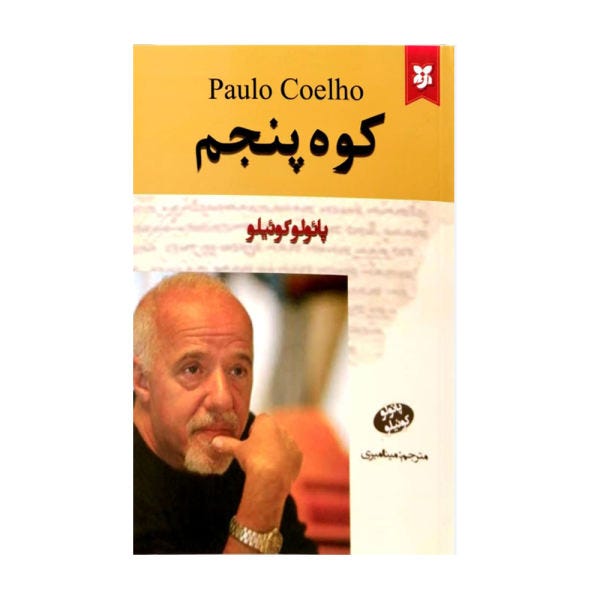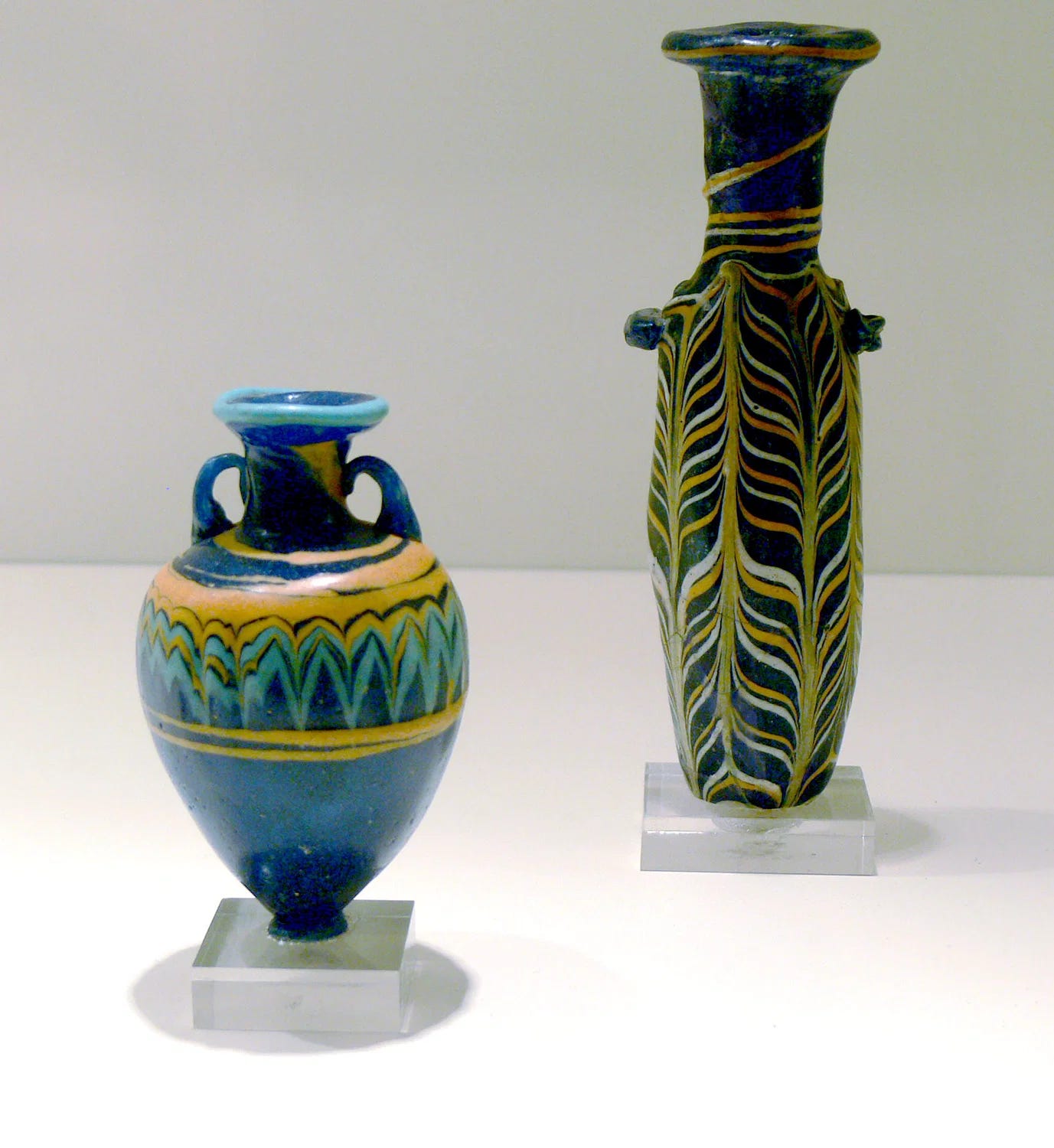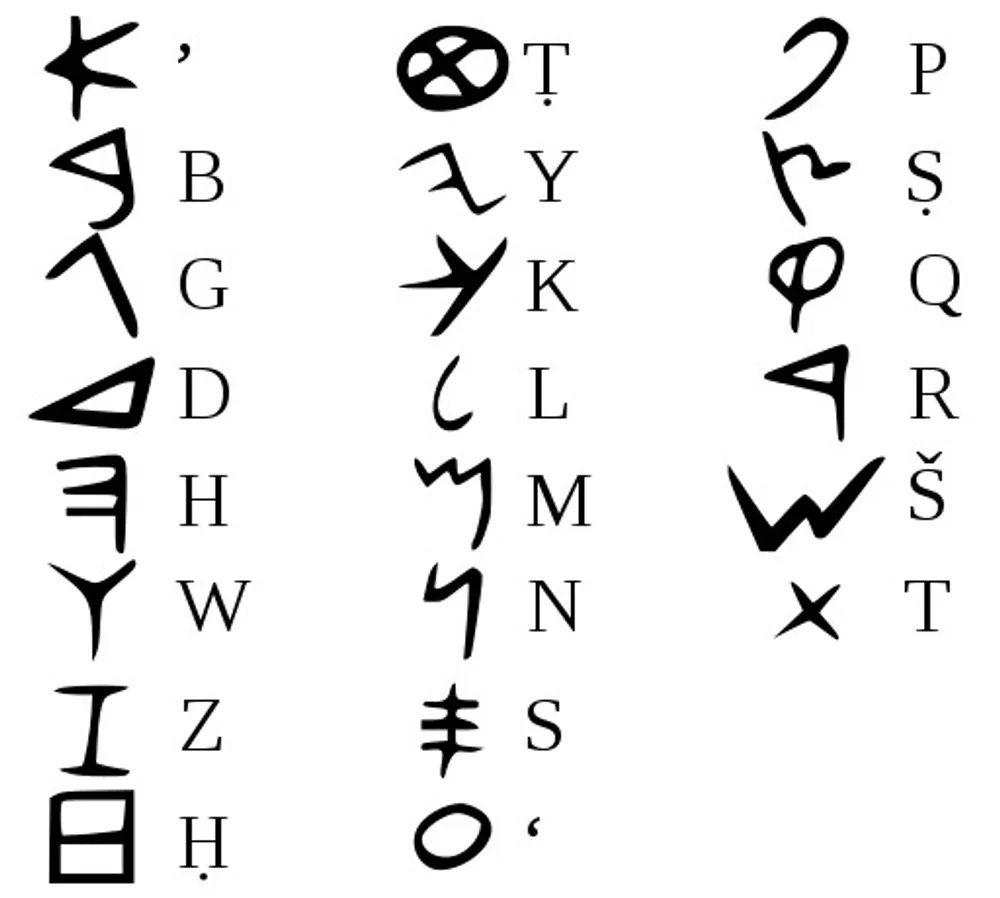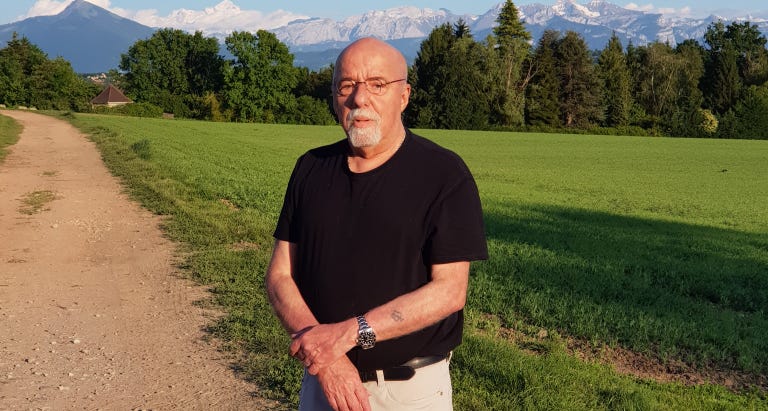Depending on which edition of The Fifth Mountain you’re reading, the latest English translation includes a note from Paulo on why he wrote this story, which is based on the Old Testament account of Elijah. Who better to explain his purpose for the book than the author himself and to fully appreciate the story, I recommend you read this first.
The Farsi language version of The Fifth Mountain.
Week 1 - Part One. June 1st. Pages 1- 60. Ascending the mountain.
‘In my book The Alchemist, the central thesis lies in a phrase that King Melchizedek says to the Shepherd boy Santiago: ‘When you want something all the universe conspires in helping you to achieve it.’
‘I believe this with all my heart. However, the act of living one's own destiny includes a series of stages that are far beyond our understanding, whose objective is always to take us back to the path of our personal legend, or to make us learn the lessons necessary to fulfill our own destiny. I think I can better illustrate what I am saying by relating an episode in my life.
‘On August 12, 1979, I went to sleep with a single certainty at the age of 30 I was successfully making my way to the top of my career as a recording executive. I was working as artistic director for CBS in Brazil, and I had just been invited to the United States to talk to the owners of the company who would surely provide me with every opportunity to achieve all that I desired to do in my area. Of course my great dream - to be a writer - had been set aside. But what did that matter? After all, real life was very different from what I had imagined. There was no way to earn a living from Literature in Brazil.
‘That night I made a decision to abandon my dream. On had to adapt to circumstances and take advantage of opportunities. If my heart protested, I would deceive it by composing song lyrics whenever I wanted and by doing some writing now and then from for some newspapers. Besides, I was convinced that my life had taken a different path, but one no less exciting. A brilliant future awaited me in the world of the music multinationals.
‘When I woke up, I received a phone call from the president. I had just been fired without further explanation. Although I knocked on various doors in the next two years, I never found a position again in that field. When I finished writing The Fifth Mountain, I recalled that episode and other manifestations of the unavoidable in my life. Whenever I thought myself the absolute master of a situation something would happen to cast me down. I asked myself: why? Can it be that I'm condemned to always come close but never reach the finish line? Can God be so cruel that he would let me see the palm trees on the horizon, only to have me die of thirst in the desert?
‘It took me a long time to understand that it wasn't quite like that. There are things that are brought into our lives to lead us back to the true path of our personal legend. Other things arise so that we can apply all that we have learned, and finally some things come along to teach us.
‘In my book The Pilgrimage, I tried to show that these teachings need not be linked to pain and suffering. Discipline and attentiveness alone are not enough. Although this understanding has become an important blessing in my life it still did not equip me to transit certain difficult moments that I had experienced. Even with total discipline and attentiveness.
‘One example is the case I have cited; I was a serious professional who made every effort to give the best there was in me and had ideas that even today I consider worthwhile. But the unavoidable happened at the very moment when I felt most secure and confident. I believe I'm not alone in this experience; the unavoidable has touched the life of every human being on the face of the Earth. Some have rebounded, others have given up but all of us have felt the wings of Tragedy brushing against us. Why? To answer this question I let Elijah lead me through the days and nights of Akbar.
The Phoenician Empire
‘At the beginning of the Year 870 BC, a nation known as Phoenicia, which the Israelite’s called Lebanon, had marked almost three centuries of peace. Its inhabitants could take pride in their accomplishments. Because they were not politically powerful they had developed an enviable skill and negotiation as the only means of assuring survival in a world beset by constant War. An alliance made around the Year 1000 BC with King Solomon of Israel had allowed the modernization of its merchant fleet and the expansion of trade since that time Phoenicia had never stopped growing.
Phoenician glass
Its navigators had traveled to places as different as Spain and the Atlantic Ocean and there were theories, as yet confirmed, of their having left inscriptions in Northeast and Southern Brazil. They carried, glass, cedar, weapons, iron, and Ivory. The inhabitants of the large cities such as Sidon, Tyre, and Byblos were familiar with numbers, astronomical calculations, and the manufacture of wine, and for almost 200 years had been using a set of characters for writing, which the Greeks knew as the alphabet.
Phoenician Alphabet - The Phoenician alphabet consisted of 22 consonants and no vowels, making it easier for traders to communicate with each other across different languages. This allowed them to spread their influence far beyond their borders.
At the beginning of the Year 870 BC, a council of war was meeting in a distant place called Nineveh. A group of Syrian generals had decided to send troops to conquer the nations located along the Mediterranean coast. Phoenicia had been selected as the first country to be invaded. At the beginning of the Year 870 BC, two men hiding in a stable in Gilead in Israel, expected to die in the next few hours.’
(Extract taken from the English 1998 paperback edition of The Fifth Mountain. ©Paulo Coelho 1998.)
The parallels between aspects of Paulo’s personal experiences in life and those of the biblical character of Elijah are obvious as you read this story.
Paulo is Elijah. The god Baal represents the choice not to follow his dream. Elijah thinks he has caused this dire situation somehow. Both Elijah and Paulo speak with angels for guidance and so on. You will quickly draw similar comparisons of you have been following my notes on the last 4 books we have been reading together.
In my BONUS MATERIAL this week I will be examining why the dilemma faced by Elijah is ubiquitous to the psyche of each of us and leads us to ask the question:
Why is this happening to ME!










